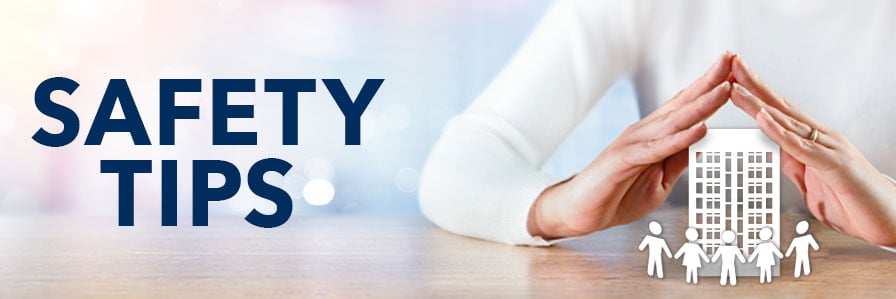A mentor in a Big Brothers Big Sisters program was charged with sexually assaulting his young mentee. The child said his mentor showed him pornographic websites and abused him both in a dorm room and in a car. The mentor was a student at a local college and passed a strict background investigation before being matched in the program.
Community-based, one-on-one mentoring programs are common among some non-profit organizations. These programs match children with an adult volunteer and the pair develop a relationship. The pair is usually responsible for planning their own activities in the community, and often the mentor and mentee are alone together. A positive relationship with an adult can go a long way to help a troubled child; however, these programs can be very risky for both the organization, the mentor, and the mentee.
 Abuse Allegations
Abuse Allegations
When a mentor is taking a child alone out into the community for different activities, the opportunity for child abuse to occur without anyone noticing increases dramatically. A mentor can easily take a child to the bathroom at a ball game or find a secluded area of a park. Most predators will pass a background check and many are adept at lying during interviews, so even with strict screening, they can be hard to identify. Community-based mentoring can give an abuser unlimited access to a child without other adults present.
On the flip side, if a child makes an accusation, there will be no one to back the mentor up, even if he or she is completely innocent. If there are no other adults present, no one can confirm the mentor did nothing wrong. Simply being accused of child abuse can ruin someone’s life. A police investigation, criminal charges, and news stories will quickly destroy anyone’s reputation. No matter what the mentor’s character, a child who makes an abuse accusation is always going to be believed. These accusations can also have a devastating impact on an organization’s reputation in the community. As soon as the pair leaves a supervised group and is alone together, the risk of abuse and false accusations becomes much higher.
Transportation
Mentors are often asked to transport children in their own vehicles. While also providing a space and opportunity for abuse to occur, there are safety issues here as well. When vehicles used to transport children are owned by the organization, they’re more likely to be maintained, and employee drivers usually receive some driver safety training. This may not be the case with a volunteer mentor. The vehicle may not be safe and the mentor most likely didn’t receive any extra safety training. If a child is injured in a car accident with his or her mentor, the mentoring organization will likely be blamed for placing the child in an unsafe situation.
Safe Mentoring Programs
Developing strong relationships with positive adults can make a huge difference for a child. Research and anecdotal stories show how much of a positive impact a mentor can have on a child, especially if there are few or no adult role models in the the child’s life. There are ways organizations can develop and foster these relationships while also keeping children safe.
- Develop a mentoring program that works in small groups, for example two adults and four to six children. This way, the adults can vouch for each other while still developing positive relationships with individual children.
- Only allow one-on-one activities to be planned within the organization. This way, other adults will be around to supervise and ensure the interactions are appropriate.
- If activities are planned in the community, organize a big group with multiple adults and mentees. Again, this provides safety in numbers for both adults and children. Use vehicles designed to transport children with trained employees as drivers.
- Inform parents of the mentees that mentors should not schedule activities alone with their children. Letting parents know that the program is not designed for one-on-one activities will hopefully help a parent notice if a mentor is trying to develop an inappropriate relationship with their child.
- Train mentors on how to avoid one-on-one interactions and situations that could lead to abuse allegations. It can be easy for a mentor to forget and do something like offer their mentee a ride home, not realizing the risky position they’re putting themselves in.




